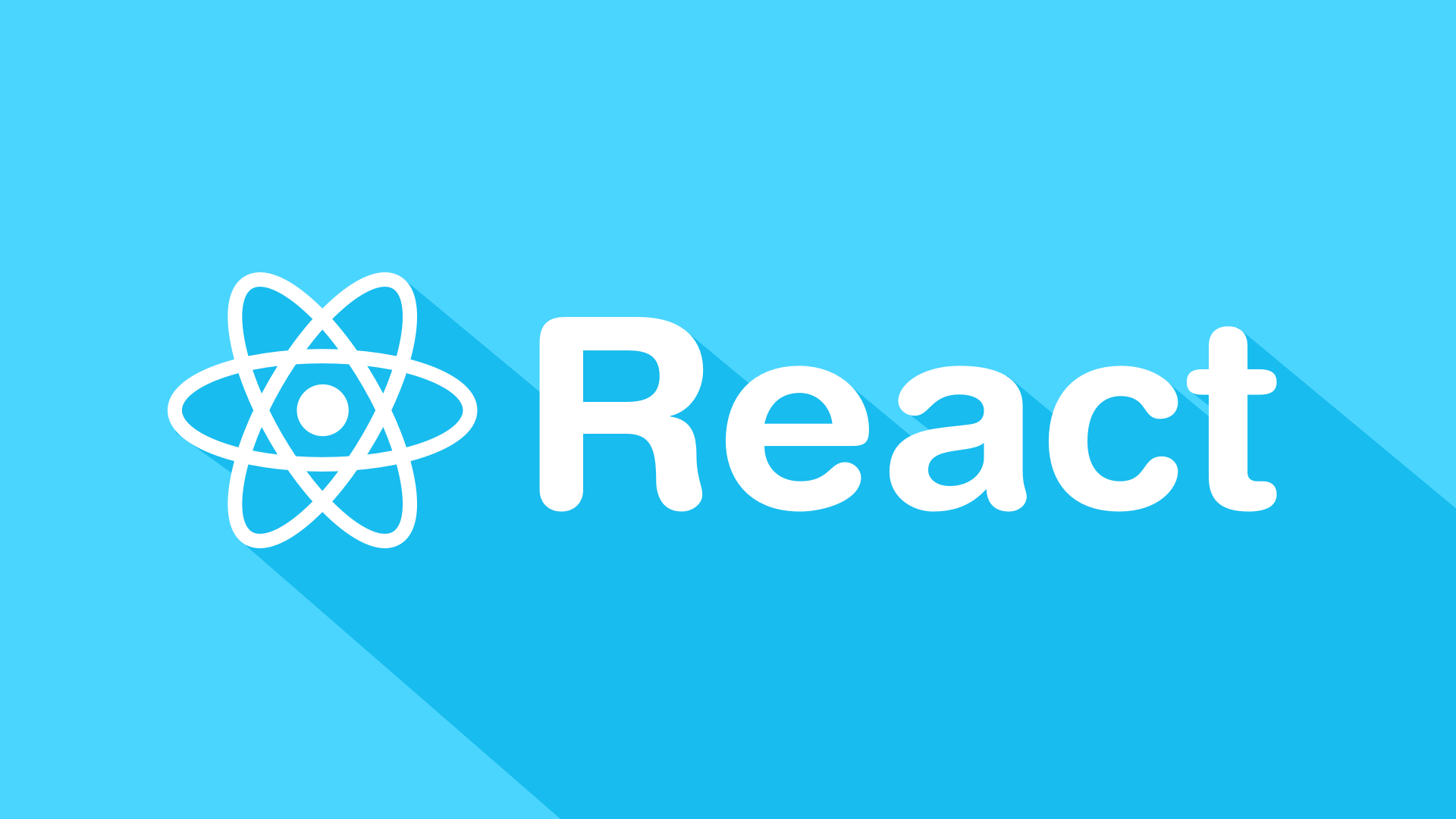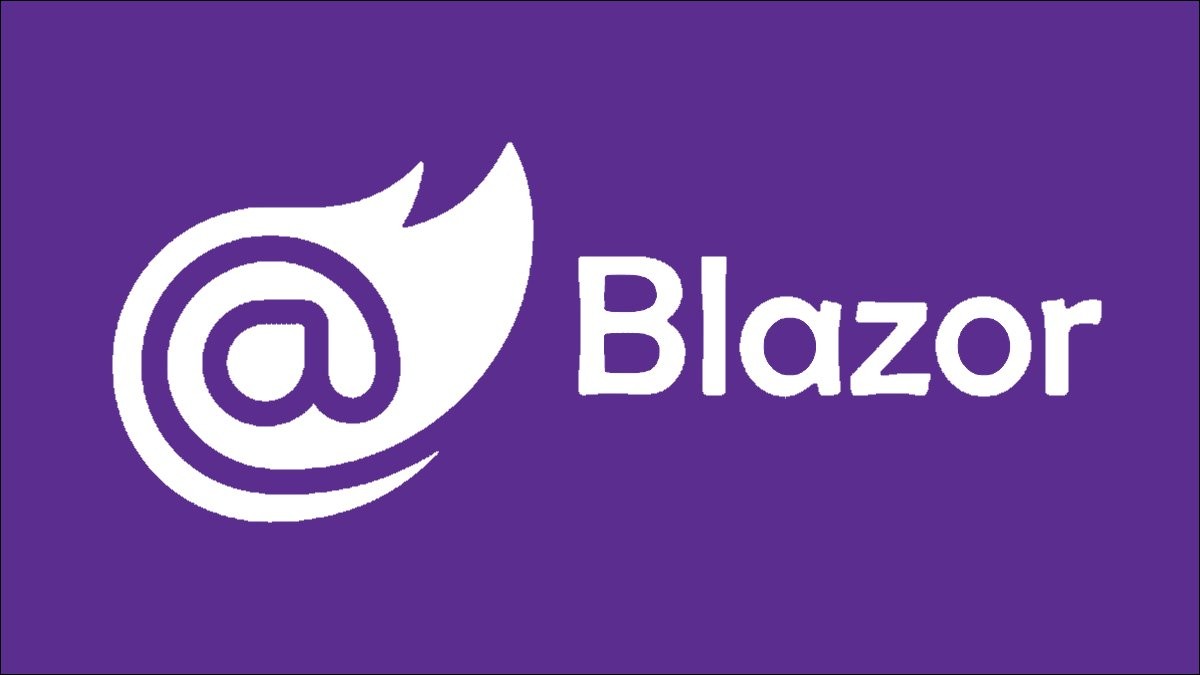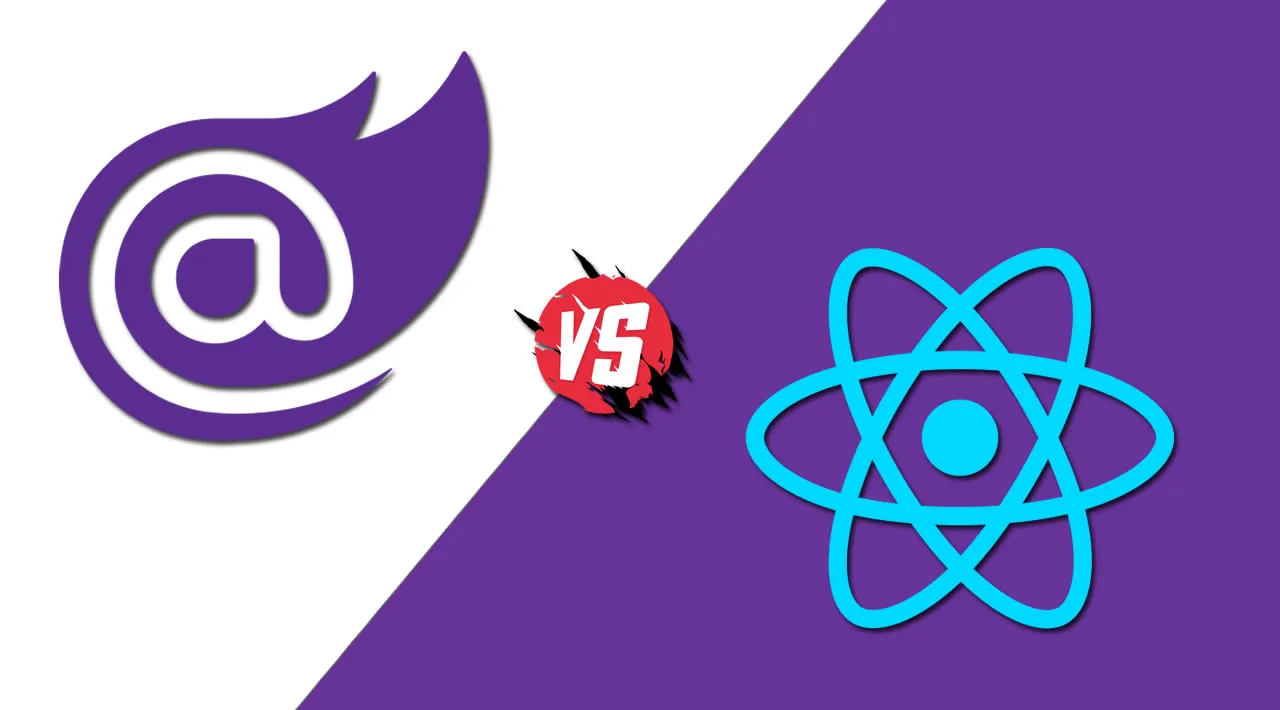In today’s web development landscape, selecting the most suitable framework is critical for project success. Two frameworks that have been generating significant buzz lately are Blazor and React. While React has held a dominant position among developers for years, Blazor is rapidly establishing itself as a powerful contender. This guide dives into both these technologies, comparing Blazor vs React about their advantages, commonalities, and key distinctions. By understanding these factors, you’ll be well-equipped to make an informed decision when choosing the ideal framework for your project.
Understanding React
React, created by Facebook, has become a popular choice for building user interfaces, especially for single-page applications (SPAs). This JavaScript library empowers developers to construct complex web applications that can update data dynamically without the need for a full page reload.
What makes React so advantageous? Here are a few key benefits to consider:
- Component-Based Architecture: React breaks down user interfaces into reusable components, promoting cleaner code, easier maintenance, and faster development.
- Thriving Community Support: A large and active developer community stands behind React, providing extensive learning resources, libraries, and troubleshooting assistance.
- Performance Powerhouse: React’s Virtual DOM technology optimizes application performance and enhances the user experience by minimizing unnecessary page refreshes. This translates to smoother interactions and a more responsive user interface.
Introducing Blazor
Blazor is a game-changer in the world of web development frameworks. Developed by Microsoft, this open-source framework empowers developers to create interactive web applications using C# instead of JavaScript. Here’s what makes Blazor so compelling:
- Harnessing the Power of .NET: Blazor seamlessly integrates with the vast .NET ecosystem, allowing developers to leverage their existing libraries and tools. This familiarity with the development environment can significantly boost productivity.
- Reduced Reliance on JavaScript: For developers comfortable with C#, Blazor offers a welcome alternative. By enabling full-stack development using C#, Blazor minimizes the need for extensive JavaScript coding.
- WebAssembly Performance: Built on the WebAssembly standard, Blazor applications deliver near-native performance. This translates to a smooth user experience for your web app users, regardless of the browser they use.
React vs Blazor: Popularity Comparison
While Blazor has emerged as a promising contender, React currently holds the crown for popularity in web development. This can be attributed, in part, to its longer existence in the industry. Here’s a glimpse into current usage trends:
- React’s Reach: According to Stack Overflow’s developer survey, React sits comfortably as the second most popular web framework, trailing only Node.js. This widespread adoption signifies a vast pool of developers familiar with React’s functionalities and best practices.
- Blazor’s Growth: Despite being a newcomer, Blazor is experiencing steady growth in user base. Though Stack Overflow’s survey indicates only 4.88% of respondents currently use Blazor, this number is likely to climb as developers explore its potential and the .NET ecosystem embraces it further.
Similarities Between Blazor and React
Although Blazor and React stem from distinct backgrounds, they surprisingly share some key features:
- Component-Based Architecture: Both frameworks embrace a component-based approach, enabling developers to create reusable UI components. These building blocks simplify the development process and promote code maintainability.
- Single-Page Application (SPA) Friendly: If you’re looking to build dynamic, single-page applications, both Blazor and React are excellent choices. SPAs reduce the number of page reloads, resulting in a smooth user experience.
- Alignment with Modern Web Standards: Keeping pace with the ever-evolving web development landscape is crucial. Fortunately, both Blazor and React adhere to current web standards and best practices, ensuring your applications are built on a solid foundation.
Key Differences Between Blazor and React
While both Blazor and React offer powerful tools for building web UIs, there are some key distinctions to consider when choosing between them.
- Programming Language: React primarily relies on JavaScript (or TypeScript, a superset of JavaScript). Blazor, on the other hand, leverages C#, a popular language within the .NET framework.
- Development Ecosystem: React thrives within the vast JavaScript ecosystem, offering a wide range of third-party libraries and frameworks for enhanced functionality. Blazor, being part of the .NET ecosystem, benefits from its established tools and libraries.
- Runtime Environment: When it comes to execution, React runs directly within the browser’s JavaScript engine. Blazor, however, utilizes WebAssembly, a technology that translates C# code into a format that browsers can understand.
Conclusion
When it comes to Blazor vs React, there’s no single winner. Both frameworks boast distinct strengths that make them ideal for various web development projects. The key to making the right choice lies in carefully considering several factors.
- Team Expertise: Evaluate your development team’s existing skillset. If your team is well-versed in JavaScript and the React ecosystem, transitioning to React might be a smoother path. On the other hand, if your team has experience with C#, Blazor could offer a familiar development environment.
- Project Requirements: Carefully analyze the specific needs of your project. Does it prioritize server-side rendering or real-time functionality? Blazor excels in these areas. Does your project demand a vast library of pre-built components? React’s extensive ecosystem might be advantageous.
- Development Preferences: Consider your team’s and your own preferences when it comes to development style and tooling. While both frameworks offer efficient development experiences, Blazor leverages familiar C# syntax, whereas React utilizes JavaScript.
Ultimately, the best choice in the Blazor vs React debate hinges on a thorough evaluation of your project’s requirements and your development team’s strengths and preferences. By carefully considering these factors, you can select the framework that empowers your team to build exceptional web applications.
Empower Your Development Team with Blazor vs React! At ONextDigital, we offer comprehensive Web Development Service to bring your web application ideas to life. Whether you choose Blazor or React, our team can provide the technical guidance and expertise needed to excel. Additionally, our UX/UI Design Service ensures your application boasts a user-friendly and visually appealing interface. Let ONextDigital be your one-stop shop for exceptional web development! Contact us now!







